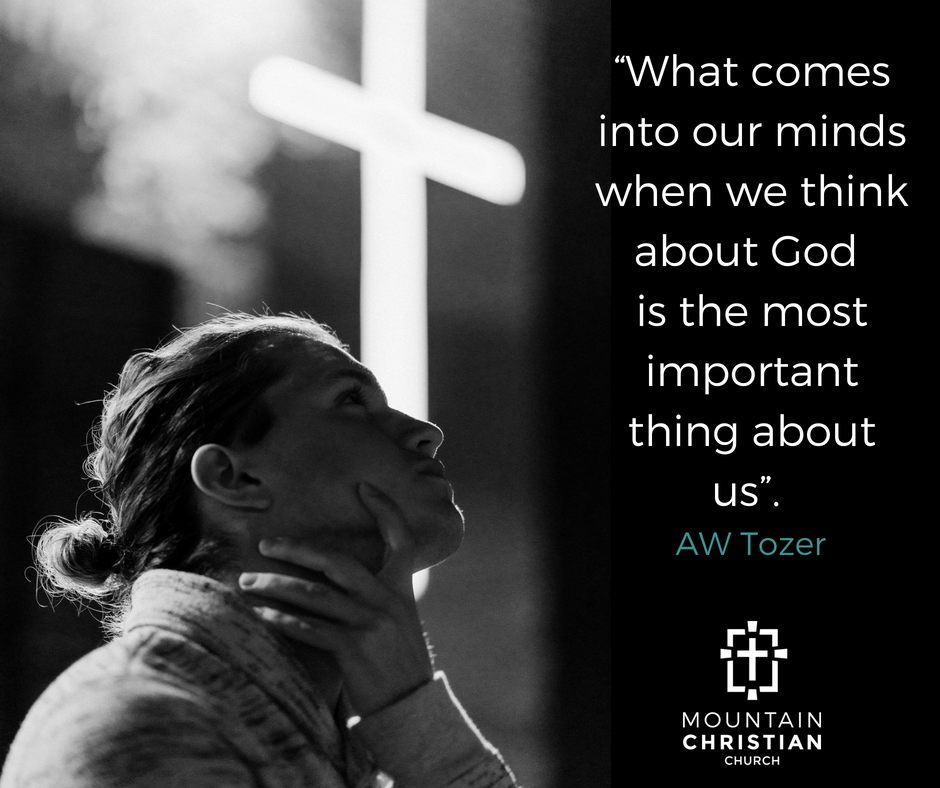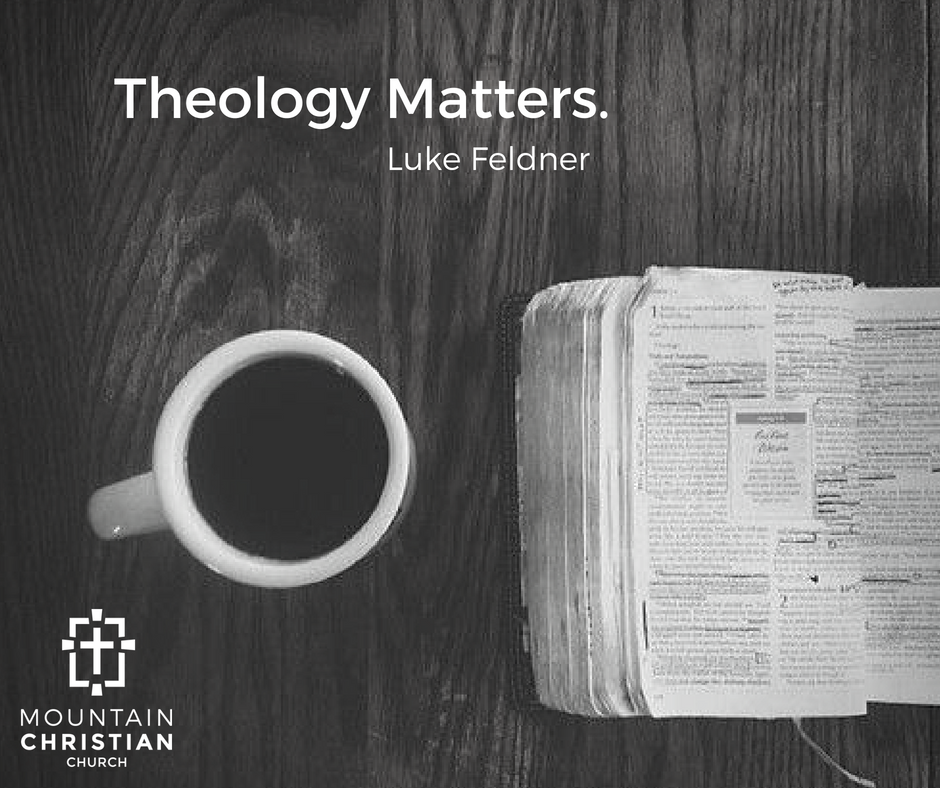

![]() At MCC we love to see God using people to “bring change and be changed”.
At MCC we love to see God using people to “bring change and be changed”.
We revel in how comprehensive God’s power and desire for change is: transforming everything and anybody, usually in the context of a community of individuals being changed together in unexpected and unforeseen ways.
Romans 12:2 teaches us not to conform to the world, but to be transformed by the renewing of our minds so that we may test and approve the perfect will of God.
In the Old Testament scriptures, God’s people are commanded:
“You shall love the Lord your God with all your heart and with all your soul and with all your might” (Deut 6:5 NASB).
Jesus Himself renders this “greatest commandment” in all the Old Testament as:
“YOU SHALL LOVE THE LORD YOUR GOD WITH ALL YOUR HEART, AND WITH ALL YOUR SOUL, AND WITH ALL YOUR MIND” (Mt 22:37).
Since the Old Testament concept of heart included the idea of “mind” or “intellect” already, Jesus is doubly emphasizing the importance of cultivating our minds to the glory of God and the benefit of His people.
So, here alone, we are repeatedly and unambiguously commanded to love God with all of our minds, along with every other aspect of our being. Doing our best to think correctly about God and spiritual matters is therefore not an option, nor is it reserved for pastors, elders, teachers, ministry leaders, or the academically inclined. AW Tozer was not the first to point out that “what comes into our minds when we think about God is the most important thing about us”.
 Likewise, RC Sproul was not the first to point out that “everyone is a theologian”, the only question is whether we are going to be good ones or not. I think it’s safe to say that many, maybe even most, American churchgoers fall into the latter category, and are more susceptible to deception, manipulation, and being unnecessarily conformed to the world as a result.
Likewise, RC Sproul was not the first to point out that “everyone is a theologian”, the only question is whether we are going to be good ones or not. I think it’s safe to say that many, maybe even most, American churchgoers fall into the latter category, and are more susceptible to deception, manipulation, and being unnecessarily conformed to the world as a result.
Theology matters. People, families, churches, communities, and entire civilizations rise or fall based on their individual and corporate ideas and beliefs about God.
What we believe about God, and how well we understand why we believe what we believe will affect every relationship with have (God, fellow persons, and the rest of the created Universe). 
Becoming better theologians need not be a dry, abstract, or divisive academic exercise in splitting hairs over scriptural or doctrinal minutia. We can and should engage together – in community -- in the pursuit of being better theologians as we seek to know and love God and each other to the best (and even beyond) our abilities. All this, without sacrificing any of the clear truths of God’s revelation or quenching the Spirit’s movements among us.
Studying theology in a systematic way does not replace individual or corporate Bible study, worship, or standing under the authority of Spirit-led and biblically informed teaching ministries in the local church God has called us to - but it should certainly be a part of it.
I’m convicted that we need more opportunities to become better theologians together.
With that in mind, I’m proposing a new adult small group focused on cultivating this easily and often neglected aspect of the Christian life and calling. Vince Tidwell has graciously agreed to co-lead such a group. We have a potential curriculum that begins with ten introductory lessons where we will ask, study, and discuss questions such as: What is “Systematic Theology” anyway? How/when does it differ from Bible study? How can theology and doctrine be loving, non-divisive, and peace-seeking without compromising truth? What are the appropriate sources and norms of Christian doctrine? How can/should we define essentials and non-essentials? Why and how does the Christian church seem so divided on theological and doctrinal issues? What is Epistemology, and what does a distinctly Christian one look like? Does God still speak to us today as directly as He did in the past? We have videos, workbooks, discussion questions, and reading assignments already in mind, and will hold each other accountable for coming to our discussion groups prepared.
Optional follow-on material includes: Bibliogy & Hermeneutics, Trinitarianism, Humanity & Sin, Soteriology, and Ecclesiology & Eschatology (8-10 lessons each). We could take or leave any aspect of this curriculum, or use it as a springboard into specific theological/doctrinal studies based on the needs and interests of the group as we seek the Lord’s leading.
If you are potentially interested in being part of such a group and willing to consider committing to a study/discussion group beginning sometime in September, please drop me a line at lukefeldner@gmail.com.
I am starting an email list to gauge interest and availability before picking specific dates, times, meeting location (our home?), meeting frequency (weekly, bi-weekly?) and any other logistics required to get this new group off the ground!

